Why Students Should Practice These Computer Science MCQs?
MCQs reinforce learning, enhance retention, and improve exam performance.
Knowledge reinforcement
Regular practice strengthens subject understanding and improves retention.
Time management
Solving MCQs under timed conditions helps manage time efficiently.
Conceptual clarity
Analyzing and selecting the right answer enhances understanding.
Exam preparation
MCQs simulate real exam formats, making students exam-ready.
Self-assessment
Students can track progress and identify areas for improvement.
Critical thinking
MCQs challenge students to think critically and apply knowledge.
📌 Explore MCQ Categories

Computer Basics MCQs
Practice Now →

Web/Internet Basics MCQs
Practice Now →

Data Communication MCQs
Practice Now →

Data Communication and Networking MCQs -by Behrouz A. Forouzan
Practice Now →

Computer Networking MCQs
Practice Now →
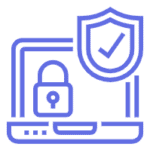
Cyber Security MCQs
Practice Now →

WEB Security MCQs
Practice Now →

WEB Security MCQs PART-2
Practice Now →
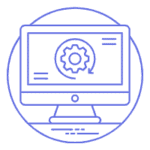
Operating System MCQs
Practice Now →

Data Structure MCQs
Practice Now →

Database Management System MCQs -basic level
Practice Now →

Database Management System MCQs -Advanced level
Practice Now →
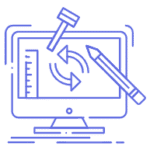
Software Engineering MCQs
Practice Now →

Computer Organization And Architecture MCQs
Practice Now →
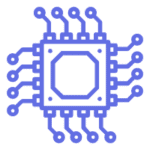
Microprocessor MCQs
Practice Now →

Microprocessor 8086 MCQs
Practice Now →
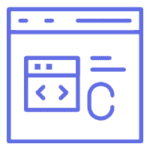
Programming in C MCQs
Practice Now →
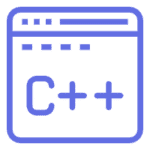
Programming in C++ MCQs
Practice Now →

Digital Electronics / Digital Logic Design MCQs
Practice Now →

Basic Electronics / Electronics Devices and Circuits MCQs
Practice Now →

Electrical and Electronics Measurements and Instrumentation MCQs
Practice Now →
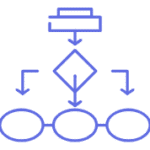
Algorithms & Flowcharts MCQs
Practice Now →